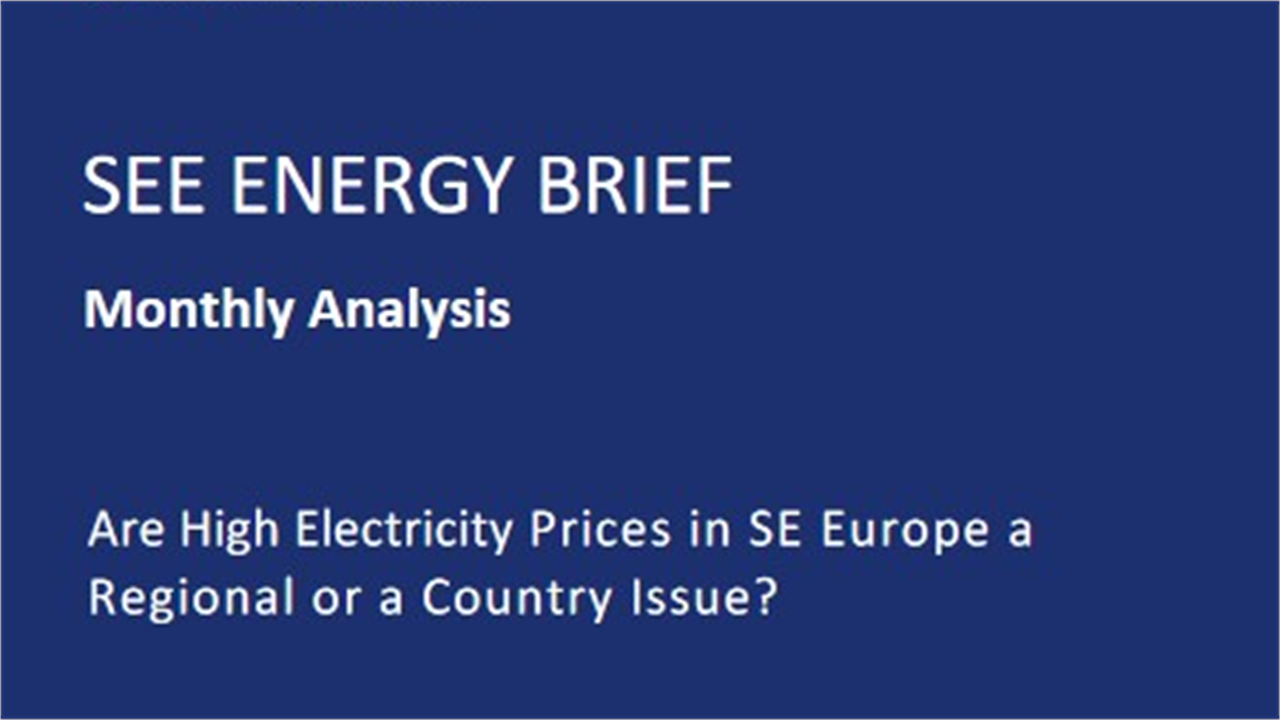Last September, Greek Prime Minister Kyriakos Mitsotakis sent a strongly-worded letter to the European Commission. SE Europe was struggling to keep the lights on, he said and the EU had to do something about it. The approach that Mitsotakis adopted focused on creating a centralised energy market regulator and greater integration of national grids. On the face of it, this is a solution that makes sense. It is, however, a tricky solution that may end up doing more harm than good
According to market analysts, a key reason for the electricity crisis in SE Europe was the disappearance of Ukrainian imports as Russian methodically destroyed the country’s grid. It’s too easy to blame it all on Putin but this is neither productive nor constructive. The fact is Ukrainian electricity exports are over and we must find new ways to secure and augment electricity supply in Central and SE Europe. Not only this, but exports of electricity from Europe to the Ukraine have risen substantially, too, to make up for lost local generation, which means substantial additional demand that apparently needs to be satisfied, reducing the amount of available electricity for internal markets.
Mitsotakis’s suggestion for greater grid integration essentially comes down to facilitating more exports of electricity between neighbouring countries in the region. This, he argued, would help secure supply and bring prices down—a big problem for governments in the region, which is not the wealthiest in the EU, to put it mildly. More interconnectors would indeed help regional exports. The problem is that they could jeopardise local supply of electricity. We know this because it has happened before. More specifically, it happened to Norway in 2022, when the country raised its electricity exports to Europe sharply to help plug the gap left by the cutoff of Russian gas supply. Exports of electricity rose by close to 50%... and Norwegians’ electricity bills rose in sync.
According to IENE’s latest Monthly Analysis, which is available here, when countries commit to exporting certain amounts of electricity to their neighbours they are bound by contracts to do so. The bind stands regardless of how much electricity local generators produce, although stipulations about minimum guaranteed supply for the local market are always sensible. However, electricity output can vary, especially with weather-dependent generators such as hydro, wind, and solar. This could result in shortages either for the local or the regional grid.




